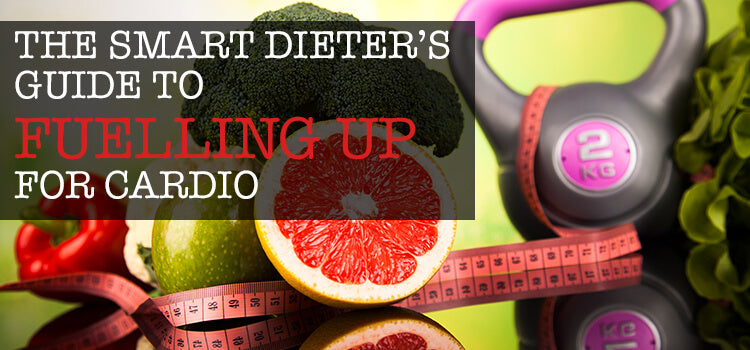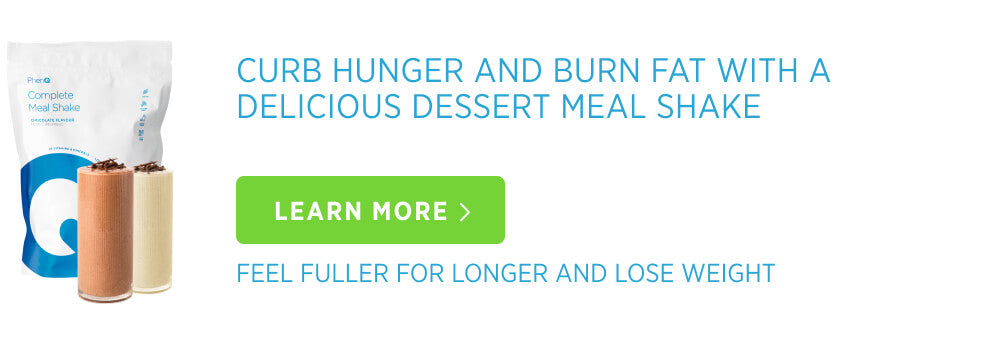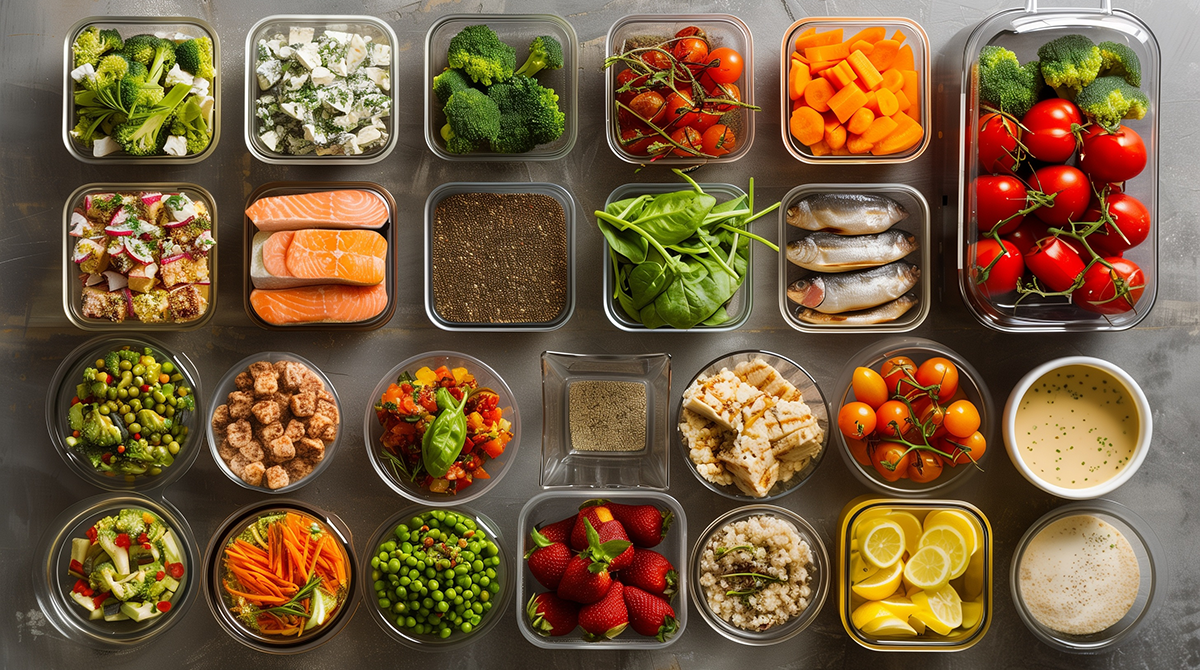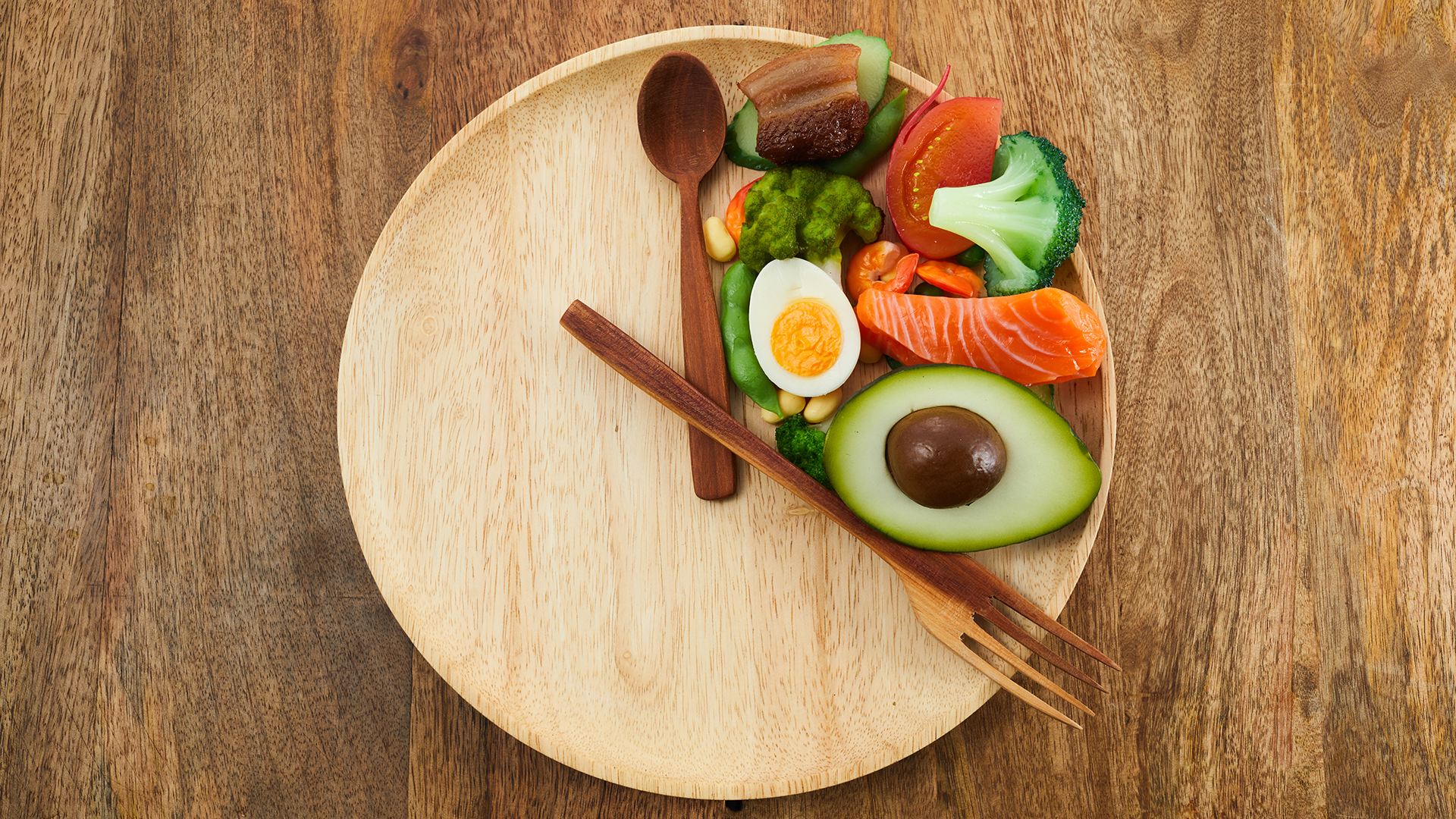It’s time to hit the gym, but are you feeling up for the challenge?
For most, the answer is an obvious no. Typically, the reason relates not to a lack of willpower or of time, but of energy. And, while this lack of energy can be related to insufficient sleep or other factors, it’s most often related to food (or a lack thereof).
Below, we discuss how food fuels the body, why you need to eat both before and after cardio exercise, and what you should be eating for optimal results.
How Food Turns into Energy
Every organ in your body – heart, brain, muscles, and others – requires energy to function. Food provides this energy in a scientific process that occurs every day in the body.
Here’s a basic synopsis of how the body turns food into energy:
- Food enters the body where it is mixed with acids, enzymes, and other fluids upon reaching the stomach.
- The stomach digests food, breaking down the carbohydrates into glucose.
- The stomach and small intestines absorb the resulting glucose, releasing it into the bloodstream.
- In the bloodstream, the body uses glucose for energy either immediately or stores it for later use. This is made possible through insulin which allows the body to use or store glucose. Without insulin, blood sugar will remain high and your body will be unable to remove the glucose from the bloodstream.
- Glycogen stores deplete over time, especially during sleep. This takes you back to step 1 where you must consume carbohydrates once again to fuel the body.
When and what you eat will affect this process and whether you feel fueled for your workout or if you never go due to a lack of energy. Of course, the type of workout you’re preparing for should also influence what you reach for out the door on the way to the gym and what you refuel with upon returning home.
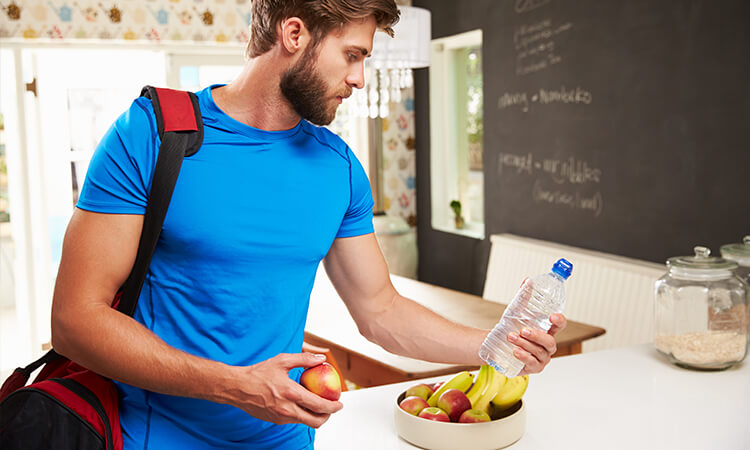
Why Eating Both Before and After Cardio is Important
You can’t start a car without first fuelling it. Likewise, you can’t perform in the gym without fuelling up first.
Many individuals forego a snack before a workout because they prefer to workout on an empty stomach. However, what you eat the night before can also provide your organs with the energy needed to power through a cardio session without running out of energy.
After an overnight fast, your body has already used approximately 80 percent of the carbohydrates stored from the previous day. By going straight to the gym without food, you’re relying on the remaining 20 percent along with protein, fat, and even muscle to keep you going throughout your workout. Though it would be ideal to use the remaining carbs and fat to fuel your cardio, you won’t get to select where your energy comes from, making this problematic.
Not eating after a workout can be equally problematic. There are three primary reasons to eat following a workout. To:
- Replenish glycogen stores in the body, providing future energy for the body.
- Decrease protein breakdown, increasing muscle size and strength.
- Increase protein synthesis, repairing muscles damaged during the workout to build strength.
Proper nutrition following a workout offers several other benefits as well. Some of these benefits include better recovery times, reduced muscle soreness, increased muscle building, and better immune function.
If you’re to remember one thing about pre- and post-workout nutrition it should be this: Everyone experiences a different rate of muscle synthesis and breakdown. This rate dictates how quickly you build muscle and recover after each gym session. Proper nutrition before and after your workout optimises this rate, helping you achieve the body you want.
If you wonder if you should eat before or after cardio, the answer is both.
So, what should you eat?
What to eat before cardio – You Need to Focus on Carbohydrates
Because your glycogen stores are almost fully depleted upon waking, it’s important that you consume carbohydrates if you’re headed to the gym first thing in the morning. In fact, carbohydrates should make up 75 to 100 percent of your pre-workout meal because your body can quickly turn carbs into glucose.
Carbohydrates such as whole grains, fruits, and vegetables are most effective before a cardio workout. Some of the most popular choices from these categories include:
- Bananas
- Apples
- Toast (option: add nut butter for a small protein boost)
- Oats
- Whole food fruit smoothies
- Brown rice
- Potato or sweet potato
Of course, you can choose whichever foods you most prefer. It’s best to eat 30 to 40 minutes before you leave for the gym to ensure your body has time to break down what you’ve eaten and turn it into glucose in preparation for your workout.
What to eat After cardio – Both Protein and Carbohydrates Should be a Priority
Once your workout is complete, you’ll need protein to repair muscles, carbohydrates to replenish glycogen stores, and both to combat muscle soreness. As is the case before your workout, it’s best to turn to whole food sources of nutrients for complete nutrition and the greatest benefits.
Here are just some of the snacks you should consider:
- Lean meat such as chicken breast or turkey
- Greek yogurt
- Fruit and cheese
- Eggs
- Vegetables
You can and should combine lean protein with carbohydrates, such as vegetables, for optimal results. Your body is most receptive to nutrients around 30 to 60 minutes after your workout, so be sure to eat in this timeframe to reap all the benefits you should.
Read: Best Low Calorie Snacks
Fuel (and Hydrate) Your Way to Successful Cardio Sessions
With proper hydration and fuel, you can perform at your best during any cardio session. And, when you need an extra boost, PhenQ can increase energy levels to ensure that no matter the situation or day, you can stay on track with your exercise plan.
Just like any vehicle, your body can’t run on empty. By making the right choices before and after your cardio sessions, you can ensure your body has everything it needs to perform, recover, and improve. Could you ask for anything more?
